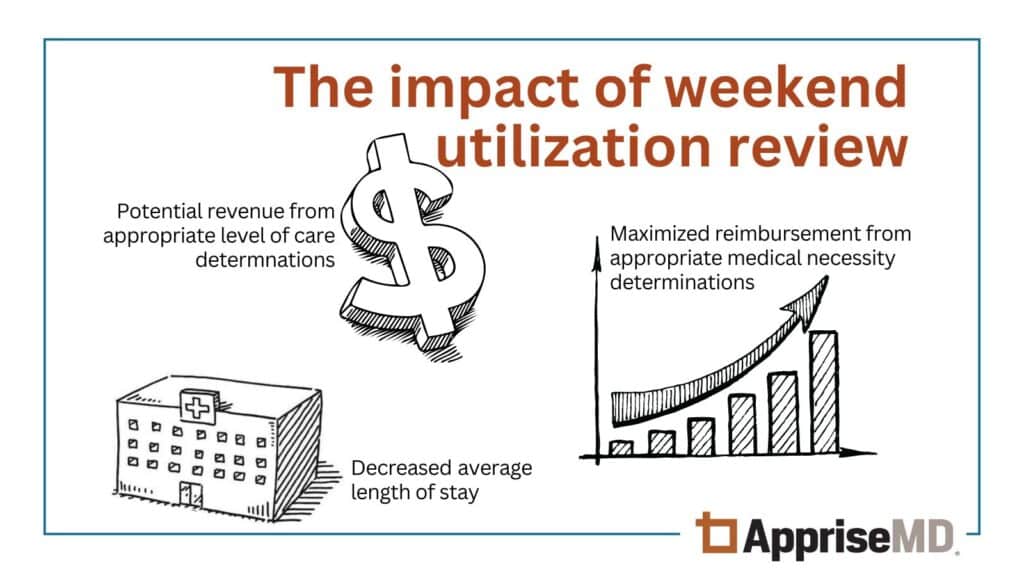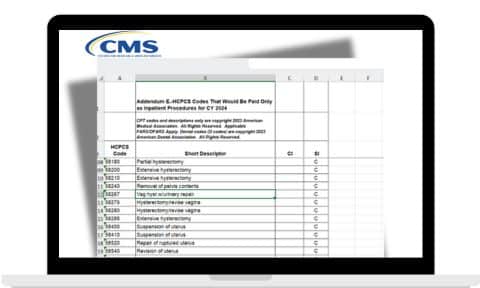Case Study: Post-Operative Pulmonary Embolism Inpatient Denial Overturned
Medical necessity often requires nuanced interpretations based on an individual’s medical history that considers appropriate, reasonable and necessary healthcare interventions. While insurance companies typically utilize a finite criterion that meets medical necessity, physician advisors are indispensable for safeguarding reimbursement to ensure that healthcare organizations can continue providing quality care. Continue reading to see how AppriseMD […]
Case Study: Post-Operative Pulmonary Embolism Inpatient Denial Overturned Read More »










